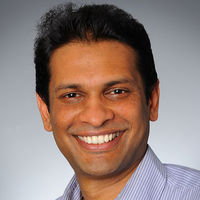Historically, centrosomes have been known to be essential for cilia formation and accurate cell division. At their core, centrosomes are composed of a pair of centrioles surrounded by an amorphous Peri-Centriolar Material (PCM) formed by various multi-protein complexes.
The centriole templates cilia formation during interphase, while the PCM assembles spindle poles during mitosis to nucleate astral and spindle microtubules (MT asters). Thus, centrosomes are critical for animal development and their dysfunction results in many developmental disorders.
In addition, nearly all types of cancer cells have abnormal numbers of centrosomes and the abnormal number of centrosomes has a direct correlation to chromosomal instability during tumor formation.
This implicates that not only the functionality but also the correct number of centrosomes is crucial for the viability of organisms. Thus, it is very important for biology and medical science to understand the regulatory mechanisms of centrosome biogenesis.
To this end, we aim to elucidate the fundamental principles of centrosome biogenesis to uncover how their dysfunctions can lead to developmental disorders, genomic instability, cancer and diseases associated with aging.
Currently, our studies are concentrated in the following topics using an ideal model organism, fruit fly. We develop a robust system using fruit fly where genetic and biochemical strategies are applied together to study centrosome biogenesis both in vivo and in vitro.

CMMC Affiliation
assoc.RG (since 08/2018) Principal Investigator - CMMC-JRG IX (11/2012-07/2018)
jay.gopalakrishnan[at]uni-koeln.de
show more…+49 221 478 89691
+49 221 478 5949
CMMC Affiliation
present address: Universitätsstr. 1
40225 Düsseldorf
http://centrosome-cilia-lab.com/
Curriculum Vitae (CV)